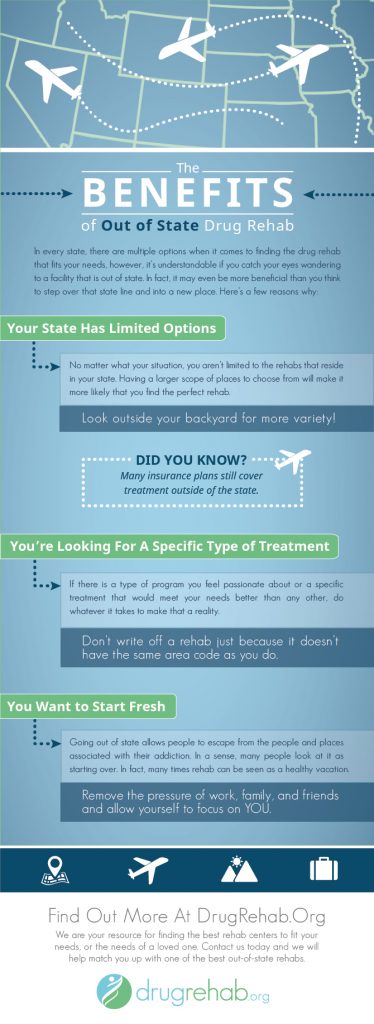The Journey To Soberness: What To Get Out Of Alcohol Rehabilitation Treatment
The Journey To Soberness: What To Get Out Of Alcohol Rehabilitation Treatment
Blog Article
Created By-Greene Chase
When you start your journey to soberness, recognizing what to expect from alcohol rehab therapy is necessary. The procedure normally begins with cleansing, a critical action that prepares your body for recovery. After that, you'll engage in numerous therapeutic tasks designed to sustain your emotional recovery. But what truly makes a difference in achieving long-term soberness? Let's check out the key parts that can affect your path to a much healthier life.
Recognizing the Cleansing Process
When you make a decision to get in alcohol rehabilitation, understanding the detoxification process is essential for your recovery trip.
Cleansing, or detoxification, is the first step, where your body clears itself of alcohol. It's essential to understand that withdrawal symptoms can differ, varying from moderate to extreme, depending upon your level of reliance.
During this moment, doctor will check you very closely to guarantee your safety and security and convenience. They might supply medications to minimize pain and decrease threats.
You may experience desires, anxiety, or physical signs, but remember, these feelings are short-lived. Embracing this process lays the groundwork for your sobriety, helping you reclaim control over your life.
Keep devoted, and understand that assistance is always offered via this challenging stage.
Taking Part In Healing Tasks
After finishing the detoxification procedure, taking part in therapeutic tasks becomes an important part of your recovery.
These tasks assist you explore your feelings, learn coping techniques, and create much healthier habits. You might participate in individual treatment, where you can delve into personal difficulties, or sign up with team sessions to share experiences with others facing comparable struggles.
Imaginative electrical outlets like art or music therapy can likewise supply emotional alleviation and self-expression. https://squareblogs.net/hal0vinnie/start-a-transformative-exploration-in-the-direction-of-freedom-from , such as yoga exercise or workout, can increase your mood and overall health.
Structure a Support System for Long-Term Healing
Building a strong support system is important for your long-term recuperation, as it provides the inspiration and responsibility you need. Border yourself with people who comprehend your trip-- close friends, family members, or support system.
These links can provide compassion and share their experiences, assisting you feel much less isolated. Consider signing up with regional recuperation meetings or on the internet forums where you can connect with others facing comparable difficulties.
Do not think twice to connect for help when you need it; susceptability is a strength. Develop regular check-ins with trusted people to review your development and obstacles.
Final thought
As you start your journey to sobriety, remember that detoxification is simply the start. Engaging in https://zenwriting.net/danilo98wilhelmina/rising-above-pity-and-shame-in-drug-rehabilitation-altering-perceptions will help you heal emotionally, while building a solid support group is essential for long-lasting healing. Stay committed to https://www.ama-assn.org/about/leadership/2022-critical-year-address-worsening-drug-overdose-crisis , and embrace the challenges and success along the road. Each step you take brings you closer to a healthier, alcohol-free life. With commitment and support, you can attain enduring soberness and reclaim control of your future.
